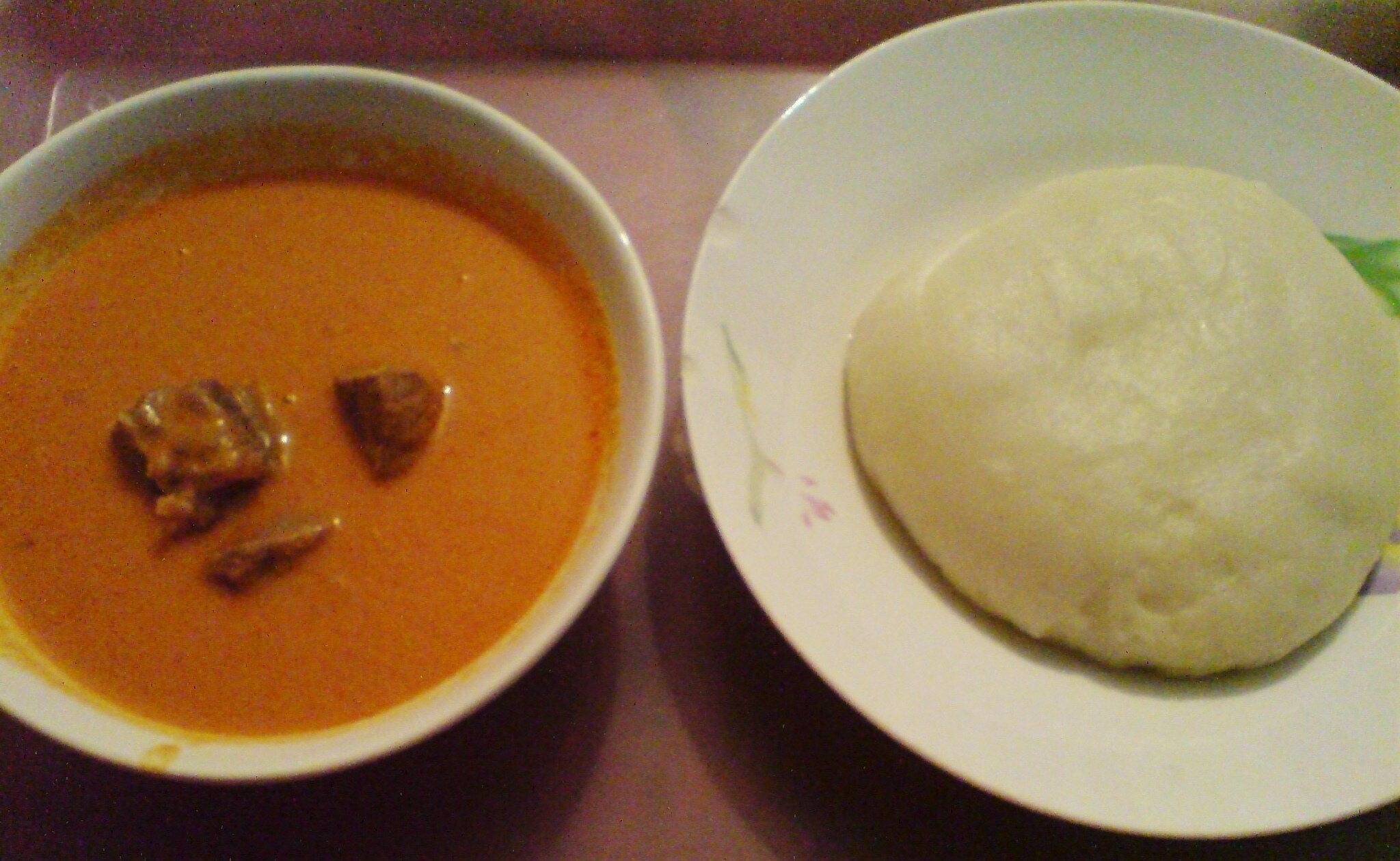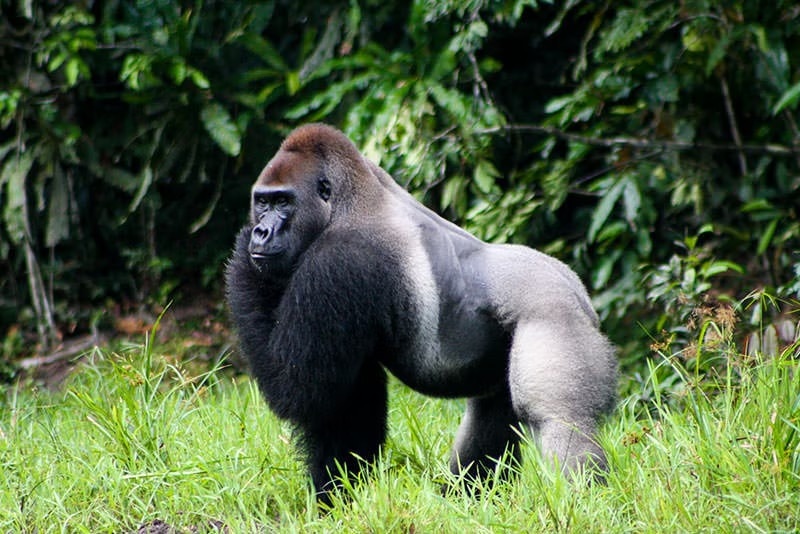Central African Republic Travel Tips and Information
Official Name
----
Capital
Bangui
Population
Country Code
Approximately 5.39 million
CF
Country Code (international calls)
+236
The flight time to Central African Republic is approximately ---- hours. Check the climate, currency, religion, manners, other information of Central African Republic below. Wishing you pleasant travels to Central African Republic.
The Central African Republic is located in Central Africa, to the north of the Democratic Republic of Congo. The country is bordered by Chad to the north.
Local Climate / Weather
The Central African Republic (CAR) experiences a tropical climate characterized by a rainy season and a dry season, each bringing distinct weather patterns. The rainy season lasts from May to October, with heavy rainfall and high humidity, especially in the southern regions, making some rural areas more challenging to access due to muddy roads and swollen rivers. The dry season, from November to April, is generally more favorable for travel, with lower humidity, clear skies, and easier access to remote areas. Temperatures are warm year-round, averaging between 20°C to 30°C (68°F to 86°F), with the hottest months falling toward the end of the dry season. For travelers, the dry season is often the best time to visit the Central African Republic, as the weather is more predictable and wildlife viewing becomes more rewarding with animals gathering around water sources. The dry months also make it easier to access the country’s famous national parks, such as Dzanga-Sangha, where visitors can spot forest elephants, gorillas, and unique bird species. During the wet season, travel is more challenging but rewarding for those interested in lush landscapes and vibrant vegetation, though fewer travelers choose this time. The Central African Republic also offers a vibrant cultural experience with major events and festivals that reflect its rich heritage. The National Day, celebrated on December 1st, is a nationwide celebration marked by parades, traditional dances, and festivities in the capital, Bangui. Additionally, the Mbororo Festival, which celebrates the culture of the Mbororo people, includes traditional music, dancing, and a unique showcase of Mbororo cattle. These events offer a rare glimpse into the CAR’s diverse communities and are wonderful opportunities for travelers to engage with local culture.
Currency & Tipping
Currency
The Central African Republic uses the Central African CFA franc (XAF), which is also the currency for several other countries in Central Africa. The currency is available in both banknotes and coins, with banknotes in denominations of 500, 1,000, 2,000, 5,000, and 10,000 francs. Coins are used less frequently, with denominations from 1 to 500 francs, though most transactions involve banknotes.
Tipping
Tipping is not a widespread custom in the Central African Republic, and it is generally not expected at restaurants, hotels, or for other services. However, in larger hotels or with guides, a small tip is appreciated for exceptional service. A tip of around 500 to 1,000 CFA francs for good service can be a nice gesture and is generally well-received, especially in tourist areas.
Useful Travel Information

Voltage & Electrical Outlets
The standard voltage is 220 volts with a frequency of 50 Hz, and the outlets typically use European-style plugs with two round prongs. All travelers may need a plug adapter and possibly a voltage converter if their devices aren’t compatible with the local power supply, especially for sensitive electronics.

Internet Connectivity
The internet environment in the Central African Republic is limited, with coverage primarily available in urban areas like Bangui. While some hotels and cafes offer Wi-Fi, connection speeds can be slow, and access may be inconsistent. Travelers should consider using a local SIM card with a data plan if they require more reliable internet access, although this too may be limited outside main cities.
Water for Consumption (Drinking Water)
Drinking water in the Central African Republic is generally not safe to drink straight from the tap, and travelers are advised to use bottled or boiled water to avoid health risks. Bottled water is widely available in urban areas and should be used for drinking and brushing teeth. In remote areas, carrying purification tablets or a portable water filter can be useful for ensuring safe drinking water.
Culture, Religion & Social Etiquette
Culture
The Central African Republic (CAR) boasts a rich blend of cultures and traditions shaped by its diverse ethnic groups, including the Baya, Banda, and M’Baka. Each group brings unique music, dance, and art forms, with traditional ceremonies and storytelling playing significant roles in community life. For all travelers, this offers an opportunity to experience a vibrant culture that cherishes family bonds, communal support, and respect for heritage.
Religion
Religion in the Central African Republic is mainly split between Christianity and indigenous beliefs, with Islam also practiced by a smaller percentage. Christianity, including both Catholicism and Protestantism, is the dominant religion, and many locals incorporate traditional practices into their faith.
Social Etiquette
Manners in the Central African Republic emphasize politeness, respect, and greetings, especially when meeting new people or entering someone’s home. It is customary to greet with a handshake, often accompanied by inquiries about family and health, showing a respectful interest in others. Travelers will likely find these values familiar. It’s important to dress modestly, especially in rural areas, and to show patience and politeness in social interactions, as these qualities are highly appreciated in CAR’s culture.
Food Culture
The Central African Republic offers a unique food culture that reflects the country’s diverse ethnic heritage, blending indigenous flavors with influences from neighboring African cuisines. Traditional dishes often feature ingredients like cassava, yams, plantains, and maize, complemented by rich, flavorful sauces made from peanuts, tomatoes, or local spices. Street food in the capital, Bangui, provides an authentic taste of CAR with popular snacks like grilled meat skewers, fried plantains, and fufu—a starchy side dish made from cassava or yams. For all travelers seeking an immersive culinary experience, local restaurants in Bangui, such as La Tentation and Le Relais des Chasses, offer hearty meals showcasing the Central African Republic's distinctive flavors, making them excellent spots to try dishes like moambe chicken or saka-saka, a dish of cassava leaves cooked with spices.
Major Tourist Attractions & UNESCO World Heritage Sites
Major Tourist Attractions
The Central African Republic is home to unique and lesser-known tourist destinations that offer rich natural beauty and captivating wildlife experiences. One of the top spots for travelers is Dzanga-Sangha National Park, a UNESCO-recognized reserve where visitors can witness forest elephants, lowland gorillas, and unique bird species in their natural habitat. Guided treks and safaris through the dense forests provide an unforgettable opportunity to experience the country’s rare wildlife and pristine landscapes. Bangui, the capital, also draws visitors with its vibrant markets, museums, and scenic views along the Ubangi River, giving travelers a taste of local life and culture. Exploring the local art and handicraft scene in Bangui is highly recommended for those interested in bringing home a piece of Central African culture.
UNESCO World Heritage Sites
The Central African Republic's only UNESCO World Heritage site, the Sangha Trinational, is a protected area that extends across the CAR, Cameroon, and the Republic of the Congo. This site is celebrated for its rich biodiversity and is part of the larger Congo Basin, which houses one of the world’s most important rainforest ecosystems. All travelers with a passion for conservation and nature will appreciate activities like gorilla tracking, bird watching, and river safaris. The Sangha Trinational also offers eco-friendly lodges for travelers who wish to stay immersed in nature while supporting conservation efforts. This World Heritage site highlights the Central African Republic’s dedication to preserving its natural wonders and offers an unparalleled experience for those seeking adventure and ecological significance.
Voice of Travelers to Central African Republic
Great time transiting in Central African Republic
My onward ticket from Cairo to Congo allowed me to stay in the Central African Republic for three full days. I purchased the ticket through Egypt Air. My ticket was rebooked once because the original flight was canceled. This ticket was expensive, and the cheaper option would have been a direct ticket. However, I have always wanted to visit the Central African Republic, so I decided to buy the more expensive ticket. Flying with Egypt Air was a nice experience, and the ticket included food and drinks aboard. Obviously, I didn't see all of the Central African Republic in only two days. I had time to visit only the Central African Republic's capital Bangui and its monuments. I fell in love with the Central African Republic. Next time, I plan to buy a direct ticket and stay in the Central African Republic for longer.
Cheap ticket to Central African Republic with great troubles
I went to the Central African Republic for a conference. I found a deal including a return ticket with a hotel stay and transportation. Not knowing much about the Central African Republic, I preferred the package over a ticket. However, a problem arose when the flight with Air Algerie from Alger was not confirmed and the airline wanted to rebook my ticket for a later date. I thought the other services of the package could be rebooked as well, but this was not the case. I finally ended up paying once again for a hotel in the Central African Republic, as well as transport. I didn't get any money back from the agency. The stay in the Central African Republic was pleasant, however.
Travel FAQs
What is the safety situation in Central African Republic like? What should I be careful of?
The Central African Republic (CAR) is currently experiencing significant security challenges, including widespread crime, civil unrest, and the presence of armed groups. The U.S. Department of State has issued a Level 4: Do Not Travel advisory for CAR, citing the government's limited capacity to provide emergency services to U.S. citizens, as well as risks of crime, civil unrest, and kidnapping.



